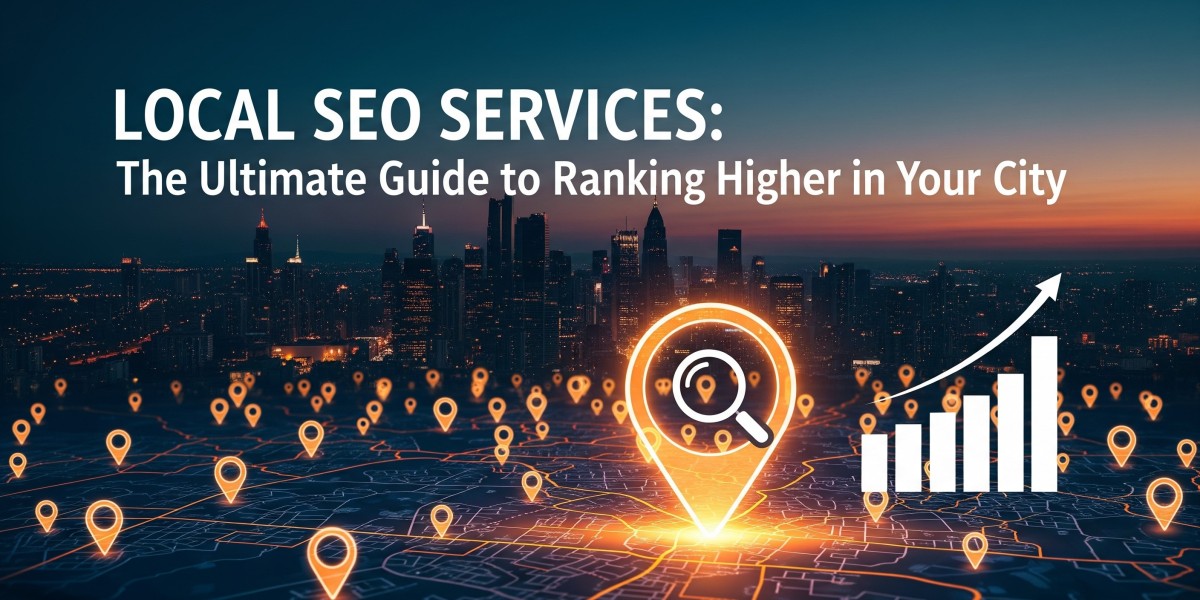In today’s fast-changing digital landscape, businesses are under constant pressure to innovate, streamline operations, and maximize efficiency. One of the most powerful tools enabling this transformation is the adoption of cloud ERP systems. Unlike traditional ERP solutions that rely on heavy infrastructure and maintenance, cloud-based ERP solutions provide flexibility, scalability, and cost-effectiveness—making them the preferred choice for both small and large enterprises.
Benefits of Cloud ERP Systems
The benefits of cloud ERP go far beyond just reducing IT costs. Companies can manage core functions such as finance, supply chain, human resources, and customer management in one integrated platform. This improves collaboration across departments and ensures real-time access to accurate data. Cloud ERP cost savings are especially attractive for growing companies since they can eliminate large upfront investments in hardware and enjoy predictable subscription-based pricing.
Another significant advantage is scalability. Businesses experiencing growth can easily expand their ERP capabilities without the hassle of reconfiguring infrastructure. This flexibility is a key driver in cloud ERP adoption trends worldwide, as organizations look for solutions that grow with their needs.
Cloud ERP for Business Growth
Implementing cloud ERP for business growth allows organizations to focus on innovation instead of being weighed down by operational inefficiencies. For instance, industries such as manufacturing, retail, and e-commerce benefit from the centralized system that integrates sales data, inventory, and logistics. This not only reduces delays but also enhances customer satisfaction by ensuring products and services are delivered more efficiently.
The impact of cloud ERP on business efficiency is profound. With automation features, companies can reduce manual tasks, minimize errors, and generate insights that support smarter decision-making. Businesses leveraging ERP systems report improved productivity and stronger competitiveness in their markets.
AI in ERP Software and Security Features
The future of cloud ERP systems is being shaped by advanced technologies like artificial intelligence. AI in ERP software enhances forecasting, automates repetitive processes, and provides predictive analytics that help companies stay ahead of market trends. These innovations allow businesses to gain deeper insights into operations and respond faster to challenges.
Security remains a top priority when adopting any digital solution. Modern cloud ERP security features include multi-factor authentication, data encryption, and continuous monitoring, ensuring sensitive company data remains protected. These measures address concerns about vulnerabilities that may exist in older, traditional ERP systems.
Cloud ERP vs Traditional ERP: Which is Better?
When comparing cloud ERP vs traditional ERP, the advantages of cloud solutions become clear. Traditional ERP requires significant investments in servers, IT staff, and maintenance, whereas cloud ERP delivers a more cost-efficient, agile, and secure solution accessible from anywhere. For companies aiming to thrive in a digital-first world, cloud ERP is the smarter choice.
Final Thoughts
Cloud ERP is no longer just a trend; it’s a necessity for businesses that want to remain competitive and future-ready. With proven ERP system benefits for growing companies, the adoption of cloud-based ERP solutions will only continue to rise. For organizations looking to enhance efficiency, reduce costs, and embrace innovation, cloud ERP systems represent the next step toward sustainable growth.






